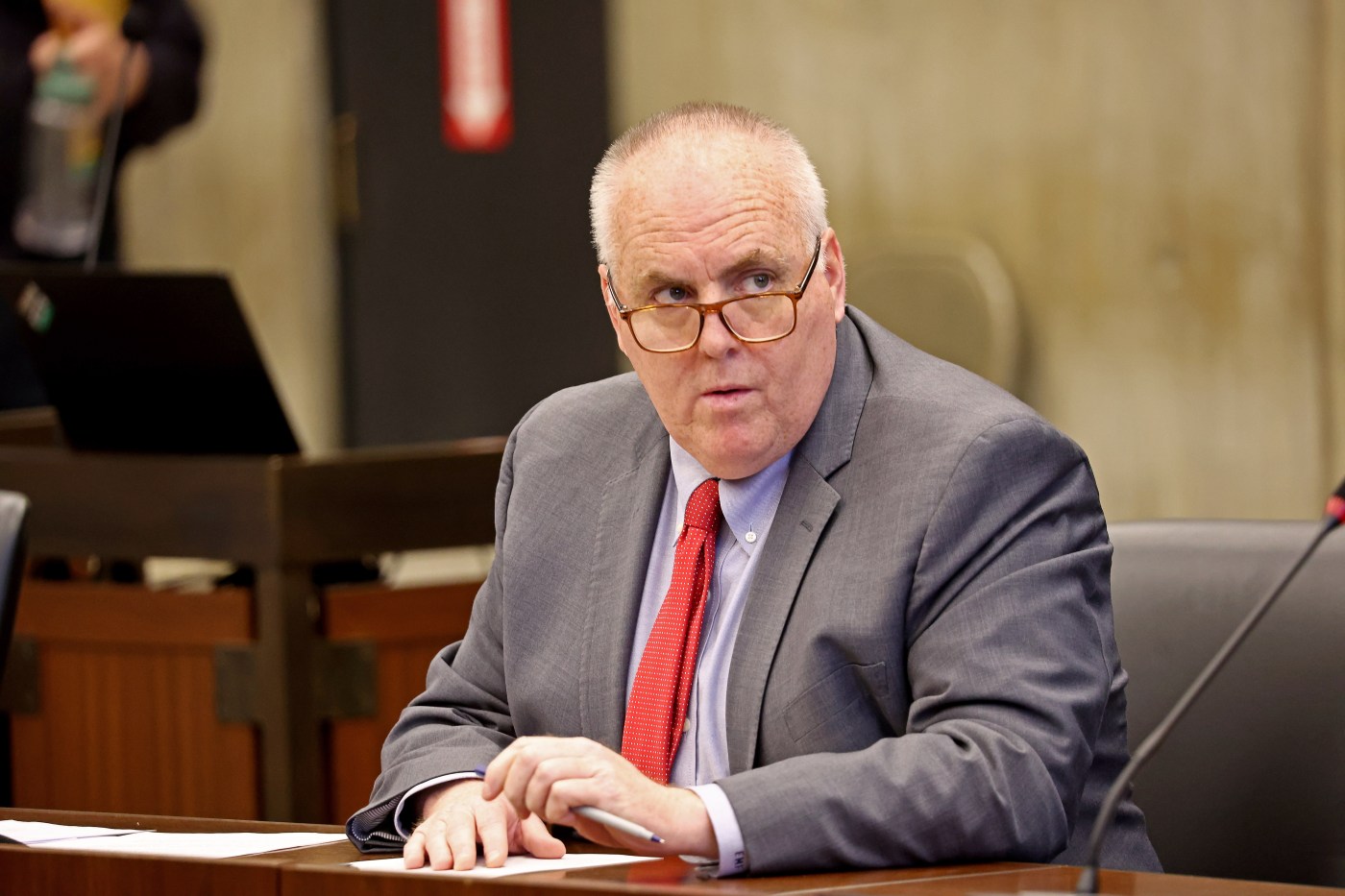
Editorial: Weighing in on Boston’s budget isn’t kid stuff
Boston’s progressive leadership has reached the self-parody stage, most recently with Mayor Michelle Wu’s plan for a new participatory budgeting voting process. It’s open to all Boston residents, including those who are undocumented and as young as 11 years old.
Getting input from citizens is generally a great move by elected officials, it gives them insight to voters’ concerns, and makes their office more accessible to constituents.
Wu’s Commute With Me video series is impressive for the way the mayor has joined ordinary Bostonians on their often lengthy, multiple-transfer, early morning treks to work. One such morning adventure included having to walk up a hill without steps nor handrail and stepping over a short wall to catch a bus. That wasn’t so much a commute as a quest.
All of the participants, with the exception of children traveling with parents, were adults. When Wu asks what they’d like to see change in Boston’s public transportation, she’s talking to stakeholders in the game.
The free-for-all approach to participatory budgeting that would include undocumented residents and adolescents is not such a win, nor does it make sense.
At 11, children are usually in the sixth grade. Mario Kart and Taylor Swift are often top of mind – and why shouldn’t they be? They are growing up, starting to show more maturity, but they are still children. They don’t hold down jobs, vote, pay taxes, see movies with adult subject matter, nor should they be left home alone for more than a few hours.
Yet their input should have the same gravitas as working adults?
Politically speaking, it’s a savvy Democratic move to “empower” such a young cohort. The youth vote is huge, and early introductions to the liberal way can pay off down the road.
It’s the same with giving undocumented residents a voice in how the city spends its money. The “we don’t care if you’re legal” progressive mindset has all but eroded the notion of citizenship as a goal to strive for.
Ed Flynn was one of the city councilors taking issue with the voting process during a Tuesday City Council committee hearing.
After the meeting, as the Herald reported, Flynn wrote a letter to Renato Castelo, director of the Office of Participatory Budgeting.
“During this time of great fiscal uncertainty — with a study warning that remote work policies and the city’s declining commercial property values may cost us $500 million in revenue annually, as well as a subsequent proposal to also tax commercial property at a higher rate — now more than ever, it is critical that we show the taxpayers of Boston that we take our financial responsibilities seriously,” Flynn wrote.
“Allowing children to decide the usage of taxpayer dollars would do just the opposite, and be viewed as tone-deaf, unserious and wholly inappropriate by my constituents,” he said.
We’d like to think that Flynn’s words will carry some weight, that the voice of reason will filter through the virtue-signaling. But this is Boston, and our expectations are low.
Editorial cartoon by Bob Gorrell (Creators Syndicate)


